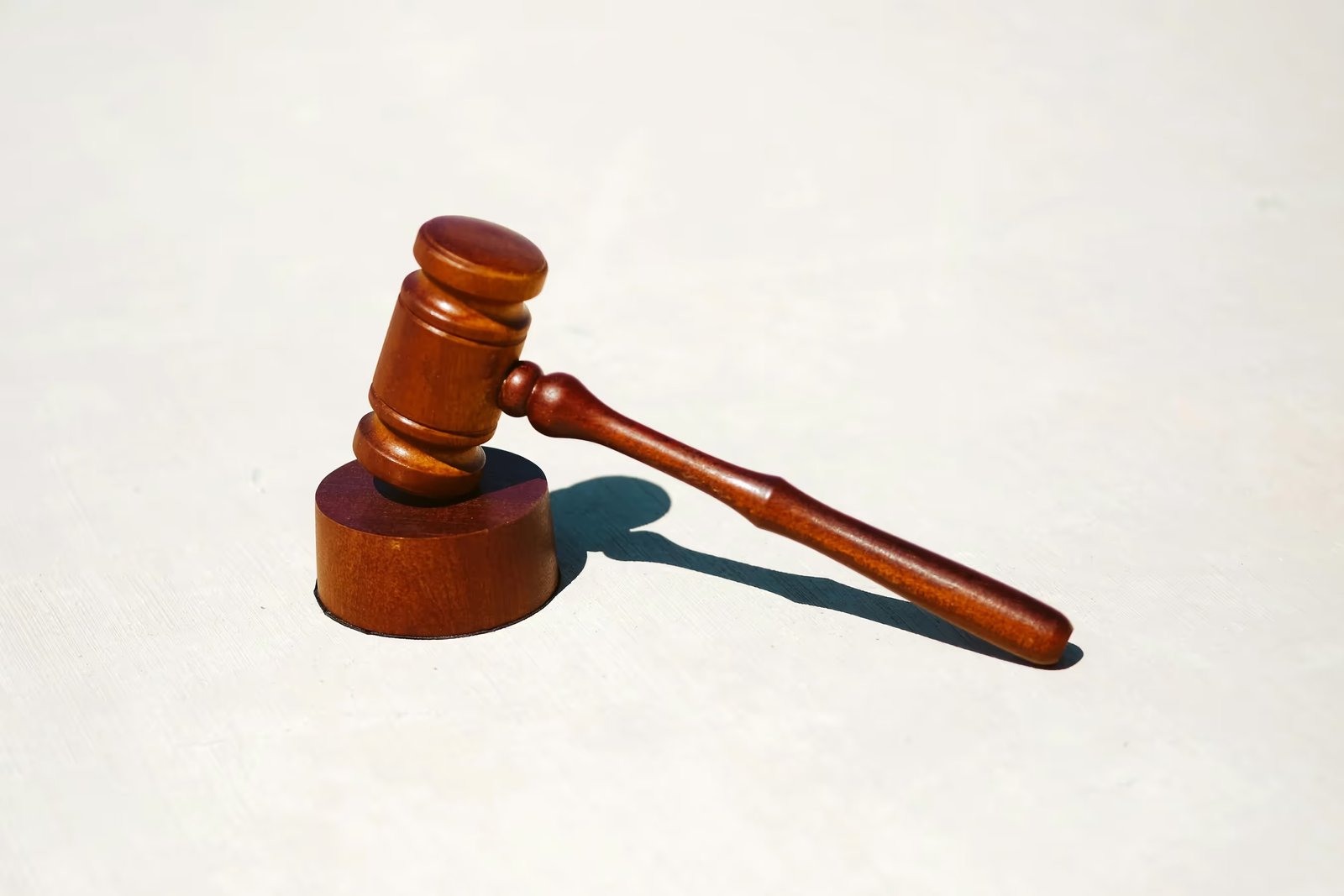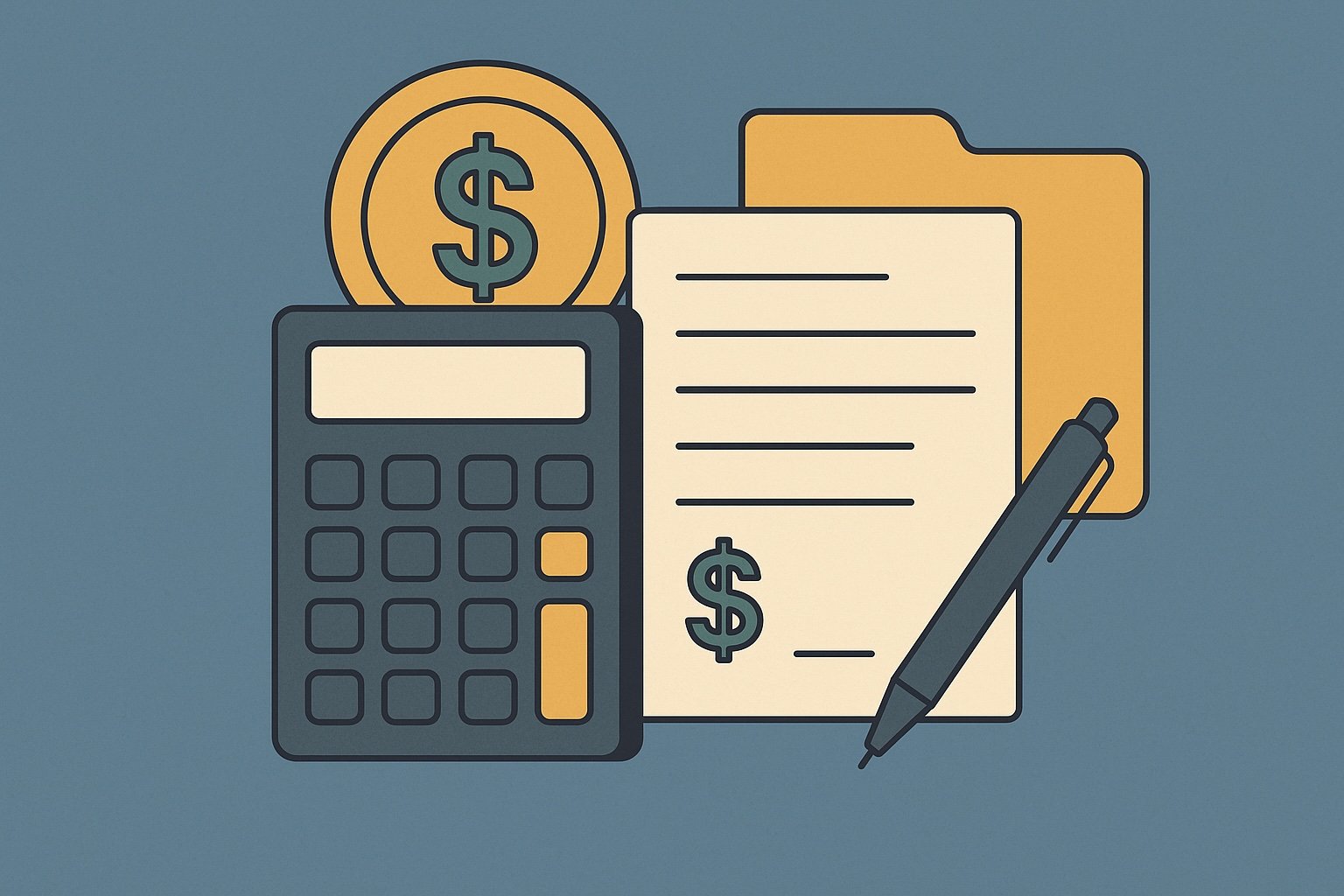Question
ARTE's Answer
When considering a 1031 exchange, it's important to understand that the exchange must involve like-kind properties. Under Section 1031 of the Internal Revenue Code, you can defer capital gains taxes by exchanging real property held for productive use in a trade or business or for investment for other real property of like-kind. However, the key here is that the properties involved must be real property, not personal property or business interests.
If you're looking to buy a business, you need to consider what exactly you're acquiring. A business typically includes both tangible and intangible assets, such as real estate, equipment, inventory, goodwill, and intellectual property. In a 1031 exchange, only the real estate component of a business acquisition can qualify for like-kind exchange treatment. The other components, such as goodwill or equipment, do not qualify as like-kind property under Section 1031.
Let's illustrate this with an example:
- Relinquished Property: You sell your commercial building for $500,000. To facilitate the exchange, you engage Deferred.com as your Qualified Intermediary (QI). We handle the sale proceeds to ensure you don't have constructive receipt of the funds, which is crucial for maintaining the tax-deferred status of the exchange.
- Replacement Property: You identify a restaurant property with real estate valued at $500,000. The restaurant includes both the building and the business operations. However, only the real estate portion of the purchase can be part of the 1031 exchange. The value of the business operations, such as equipment and goodwill, must be purchased separately and cannot be included in the exchange.
- Exchange Process: Deferred.com, as your QI, uses the proceeds from the sale of your commercial building to purchase the restaurant property. We ensure that the transaction is completed within the 180-day exchange period and that the replacement property is identified within 45 days of selling the relinquished property.
- Outcome: By structuring the transaction this way, you successfully defer the capital gains tax on the sale of your commercial building. However, you must separately account for and pay any applicable taxes on the non-real estate components of the business acquisition.
It's important to consult with a tax advisor or legal professional to ensure that your specific transaction is structured correctly and complies with all IRS regulations. At Deferred.com, we offer a "No Fee Exchange" service, which can save you money while ensuring that your 1031 exchange is handled efficiently and in compliance with IRS guidelines.
Have more questions? Call us at 866-442-1031 or send an email to support@deferred.com to talk with an exchange officer at Deferred.
Sources
1031 Question? Ask ARTE
Deferred's AI 1031 Research Assistant is trained on 8,000+ pages of US tax law and outperforms human CPAs by 22%+
CHAT NOW
Learn More
See more frequently asked questions about 1031 exchanges








